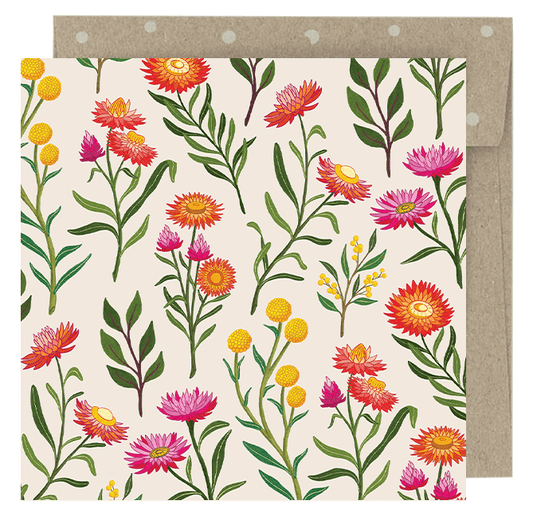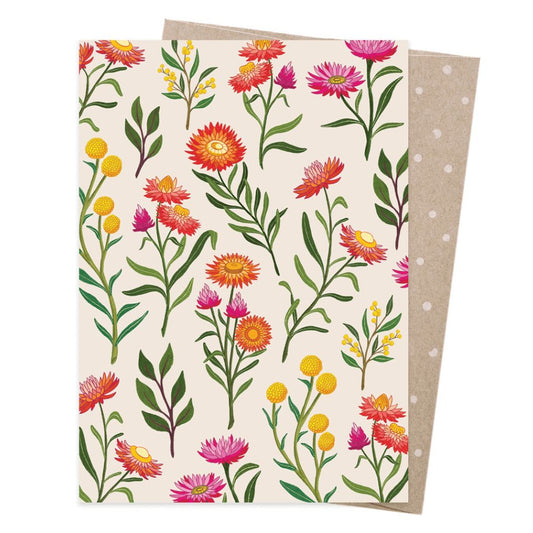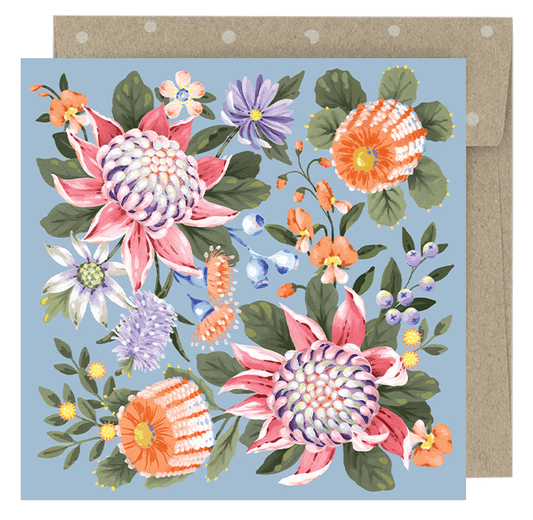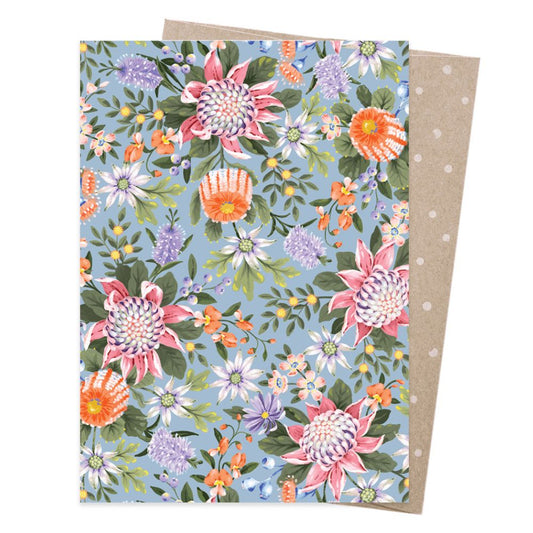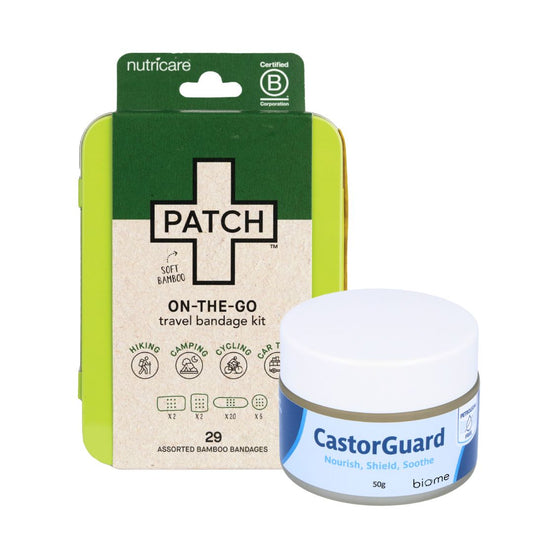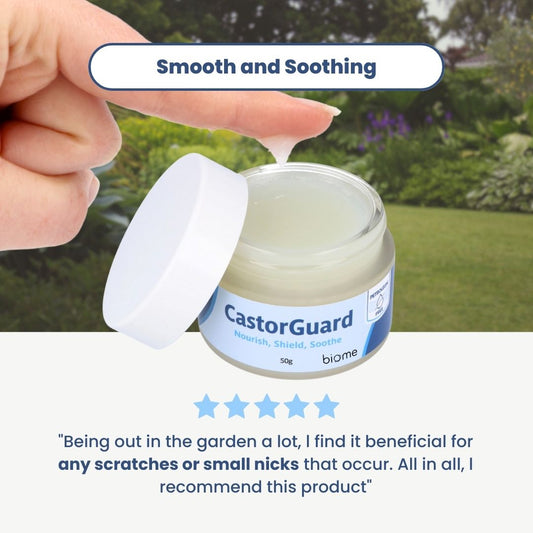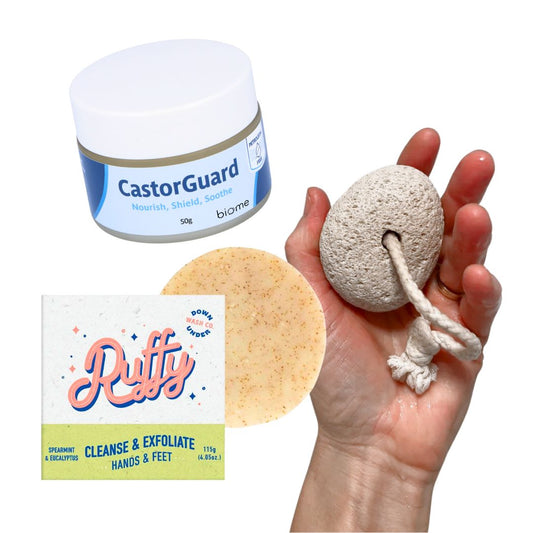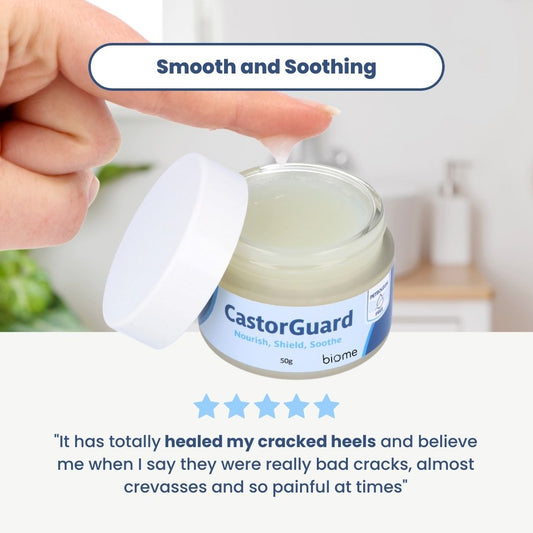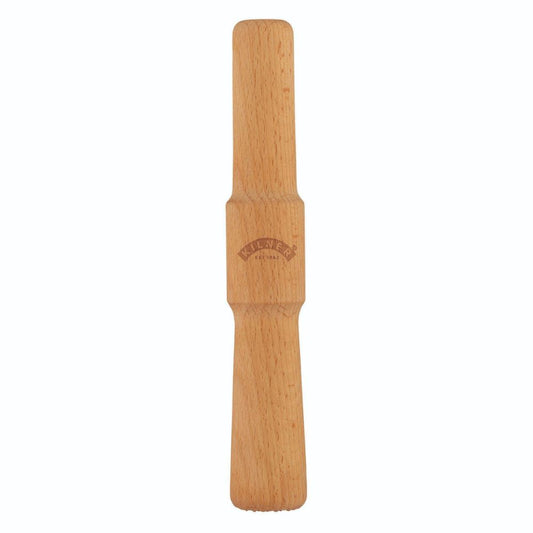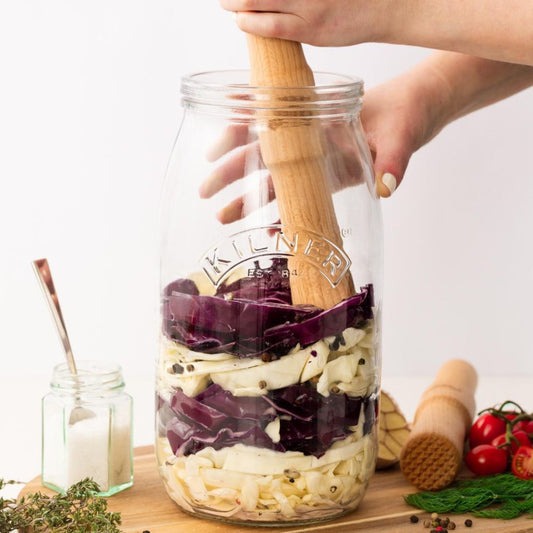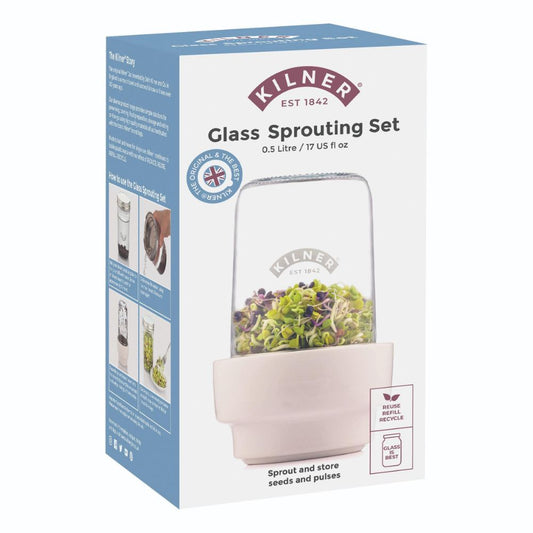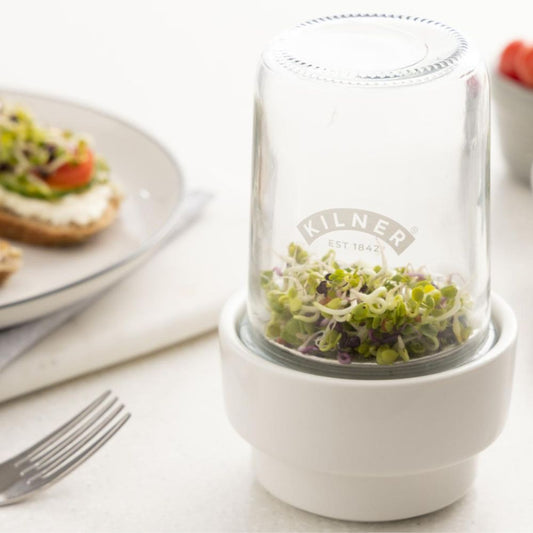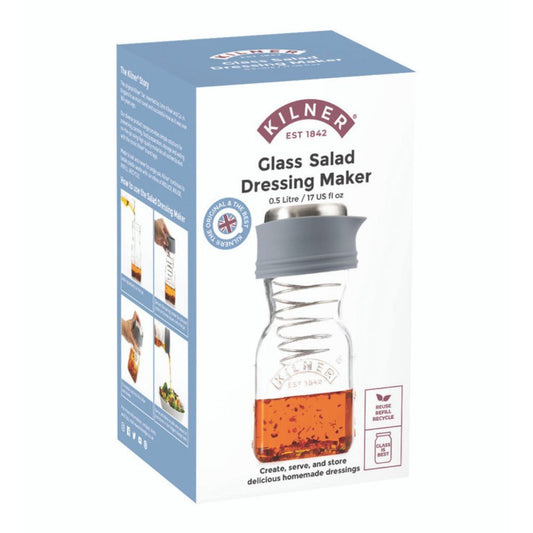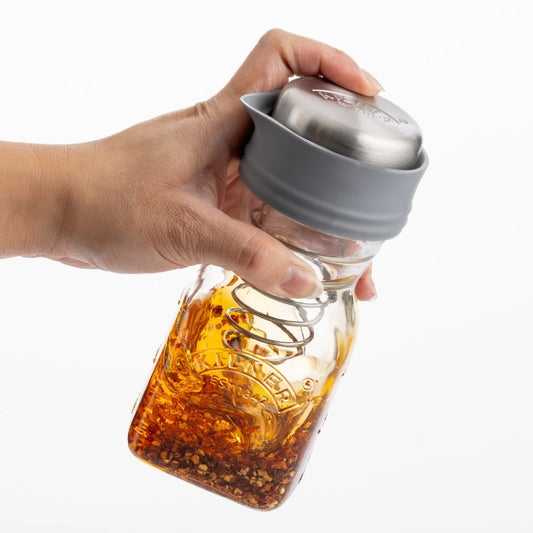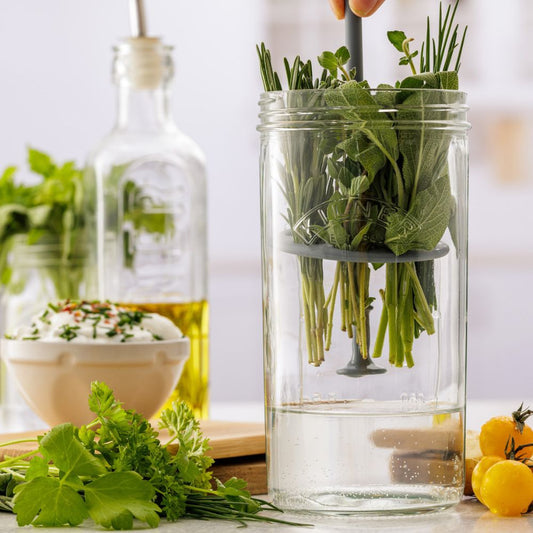
Did you know that straws are one of the biggest culprits when it comes to polluting the environment? They may seem small and insignificant, but when you add up the number of straws used every day, it's a lot of plastic waste. Straws are made from plastic, which is not biodegradable. This means that it doesn't break down naturally and instead sits in landfills and oceans for centuries. Sea turtles often mistake straws for food, and when they eat them, they can die from choking or from getting stuck in their digestive system. There are many ways to reduce your reliance on straws without sacrificing convenience. Try bringing your own reusable straw with you when you go out, or using a paper, metal straw, or glass straw instead of a plastic one.
Straws and Marine Life

Did you know that straws are one of the top 10 items found during beach cleanups? Straws often end up in the ocean, where they can cause serious harm to marine life. According to studies, there are an estimated 800 different species that are affected by ocean plastic pollution, with at least
100,000 marine mammals dying each year as a result of it. It is forecast that there will be more plastic in the ocean than fish at the rate that microplastics are increasing.
Plastic straws that go into the sea present a severe hazard to marine life, as they are tiny enough for birds, animals, and larger fish to consume. Although it's difficult to quantify the influence of plastic straws singularly, 90% of seabirds are believed to have ingested some sort of debris from the sea, with 99% of species potentially affected by 2050. If a lot of plastic is ingested, a marine bird or mammal will actually die of starvation. The weight of the plastic in the stomach, unable to digest, deceives the animal into feeling as though it has eaten.
How many turtles have died from plastic straws?
One thousand turtles are killed every year from either plastic ingestion or entanglement. It's hard to say how many turtles die each year from straws specifically.
Alternative Straw Solutions

10 million straws are tossed in the bin every day in Australia. That's 3.5 billion every year, a straw for almost half of the world's population. While many people believe that straws are necessary for drinking, there are a lot of
environmentally friendly alternatives to using disposable straws. One such alternative is a reusable straw made of bamboo or
stainless steel. These straws can be washed and reused multiple times, making them a more sustainable option than disposable straws. Another option is a biodegradable straw made of paper or cornstarch. These straws will break down over time, making them a more environmentally friendly option than disposable plastic straws. Ultimately, whichever alternative you choose, using any type of reusable or compostable straw is better for the environment than using disposable plastic straws.
Biodegradable, Recyclable, or Reusable Straws?
The amazing thing is that there are many sustainable alternatives to single-use plastic straws. But which one is the best?
Biodegradable Plastic Straws
Unfortunately, biodegradable plastic straws still take quite some time to degrade and in that time they may have already made their way into oceans and done their dash. It's best to stick to paper or cardboard straws that take less time to break down.
Recyclable Straws
Plastic straws are so common because they are cheap to make, making them nearly impossible to recycle. Once recycled the plastic straws become brittle and breakable, and more are tossed into landfill than the previous cycle. However, there is one company that does it quite well.
Terracycle Zero Waste Recycle Bins cater to recycling individual plastic products that are considered unrecyclable. If you or the place that you work burns through a lot of plastic straws and an alternative solution is not currently viable, use these Recycle Bins, collect all the straws and send them off to TerraCycle for processing. TerraCycle is leading the charge in recycling innovation. Tom Szaky founded TerraCycle in 2001, and it is now dedicated to making "unrecyclable" material recyclable. TerraCycle now operates in 20 countries and offers free recycling programs (such as the beauty product recycling we provide at all Biome locations). It has recycled close to 4 billion pieces of waste over the lifespan of the company!
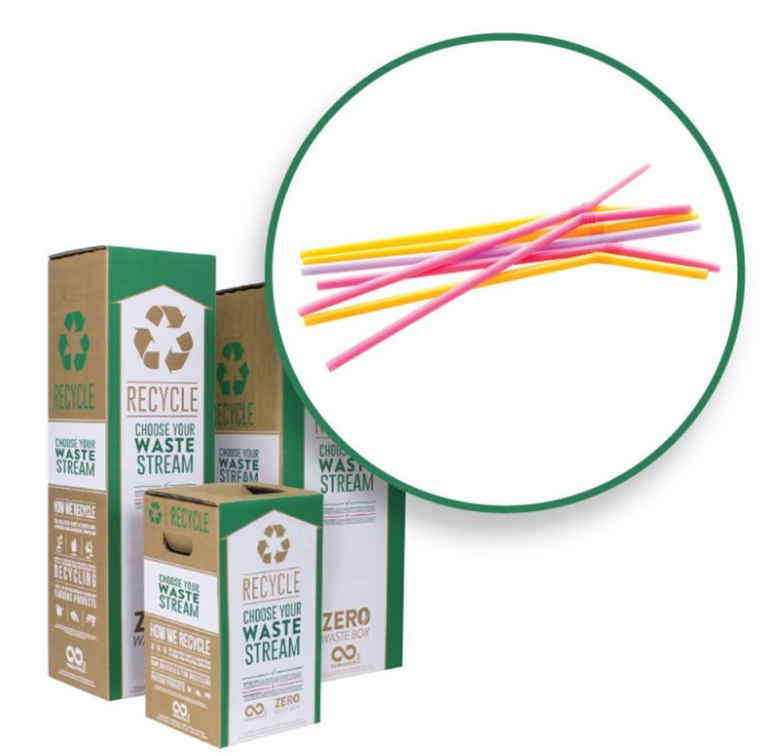
Reusable Straws
Honestly, the best solution is reusable straws. The most sustainable thing you can use is something that you already have and can continue to use. Metal straws are durable and are suitable for
restaurants.
Rose Gold Stainless Steel Safety Straw
The rose gold straw is a crowd pleaser at biome, lightweight, long-lasting, made of food-grade stainless steel and completely reusable. We find it's best to pair this with a
straw cleaner, especially if you are purchasing for commercial use.

Glass straws are still quite durable, and they offer transparency that creates a simple cleaning experience.
Glass Straw - Australian Made
The Glass Straw Australian Made 12mm Straight Smoothie is the most popular glass straw model in Australia. Buy high-quality Australian goods! You'll only have to use a glass straw once to appreciate how exquisite it is and how much better your beverages taste with one! 12mm diameter smoothie straw is suitable for thick drinks such as smoothies, cold-pressed juices and green drinks.

How much does it cost to make a plastic straw?
Plastic straws are most often made from polypropylene. The production of plastic straws is quite expensive, which is why manufacturers use cheap plastics to make up their margins. In the US, the cost of a plastic straw is about $0.01 per straw. However, in Europe, the cost is about $0.06 per straw. The high cost of plastic straws in Europe is due to higher labour costs and stricter environmental regulations.
Finding the ‘Right' Products with Biome
Biome was awarded the number one sustainable retailer in Australia, and we take that responsibility very seriously. It's our job to find the most sustainable and least environmentally impacting product alternatives out there, working with both locally and internationally renowned brands. Find more information on
Biome.
 Did you know that straws are one of the biggest culprits when it comes to polluting the environment? They may seem small and insignificant, but when you add up the number of straws used every day, it's a lot of plastic waste. Straws are made from plastic, which is not biodegradable. This means that it doesn't break down naturally and instead sits in landfills and oceans for centuries. Sea turtles often mistake straws for food, and when they eat them, they can die from choking or from getting stuck in their digestive system. There are many ways to reduce your reliance on straws without sacrificing convenience. Try bringing your own reusable straw with you when you go out, or using a paper, metal straw, or glass straw instead of a plastic one.
Did you know that straws are one of the biggest culprits when it comes to polluting the environment? They may seem small and insignificant, but when you add up the number of straws used every day, it's a lot of plastic waste. Straws are made from plastic, which is not biodegradable. This means that it doesn't break down naturally and instead sits in landfills and oceans for centuries. Sea turtles often mistake straws for food, and when they eat them, they can die from choking or from getting stuck in their digestive system. There are many ways to reduce your reliance on straws without sacrificing convenience. Try bringing your own reusable straw with you when you go out, or using a paper, metal straw, or glass straw instead of a plastic one.
 Did you know that straws are one of the top 10 items found during beach cleanups? Straws often end up in the ocean, where they can cause serious harm to marine life. According to studies, there are an estimated 800 different species that are affected by ocean plastic pollution, with at least 100,000 marine mammals dying each year as a result of it. It is forecast that there will be more plastic in the ocean than fish at the rate that microplastics are increasing. Plastic straws that go into the sea present a severe hazard to marine life, as they are tiny enough for birds, animals, and larger fish to consume. Although it's difficult to quantify the influence of plastic straws singularly, 90% of seabirds are believed to have ingested some sort of debris from the sea, with 99% of species potentially affected by 2050. If a lot of plastic is ingested, a marine bird or mammal will actually die of starvation. The weight of the plastic in the stomach, unable to digest, deceives the animal into feeling as though it has eaten.
Did you know that straws are one of the top 10 items found during beach cleanups? Straws often end up in the ocean, where they can cause serious harm to marine life. According to studies, there are an estimated 800 different species that are affected by ocean plastic pollution, with at least 100,000 marine mammals dying each year as a result of it. It is forecast that there will be more plastic in the ocean than fish at the rate that microplastics are increasing. Plastic straws that go into the sea present a severe hazard to marine life, as they are tiny enough for birds, animals, and larger fish to consume. Although it's difficult to quantify the influence of plastic straws singularly, 90% of seabirds are believed to have ingested some sort of debris from the sea, with 99% of species potentially affected by 2050. If a lot of plastic is ingested, a marine bird or mammal will actually die of starvation. The weight of the plastic in the stomach, unable to digest, deceives the animal into feeling as though it has eaten.
 10 million straws are tossed in the bin every day in Australia. That's 3.5 billion every year, a straw for almost half of the world's population. While many people believe that straws are necessary for drinking, there are a lot of environmentally friendly alternatives to using disposable straws. One such alternative is a reusable straw made of bamboo or stainless steel. These straws can be washed and reused multiple times, making them a more sustainable option than disposable straws. Another option is a biodegradable straw made of paper or cornstarch. These straws will break down over time, making them a more environmentally friendly option than disposable plastic straws. Ultimately, whichever alternative you choose, using any type of reusable or compostable straw is better for the environment than using disposable plastic straws.
10 million straws are tossed in the bin every day in Australia. That's 3.5 billion every year, a straw for almost half of the world's population. While many people believe that straws are necessary for drinking, there are a lot of environmentally friendly alternatives to using disposable straws. One such alternative is a reusable straw made of bamboo or stainless steel. These straws can be washed and reused multiple times, making them a more sustainable option than disposable straws. Another option is a biodegradable straw made of paper or cornstarch. These straws will break down over time, making them a more environmentally friendly option than disposable plastic straws. Ultimately, whichever alternative you choose, using any type of reusable or compostable straw is better for the environment than using disposable plastic straws.

 Glass straws are still quite durable, and they offer transparency that creates a simple cleaning experience.
Glass straws are still quite durable, and they offer transparency that creates a simple cleaning experience.


